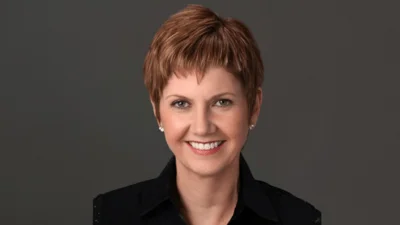Two Illinois lawmakers who have labored to prevent “sleazy” lame-duck session votes in the Assembly from hurting taxpayers have introduced measures designed to thwart the government from jacking up constituents’ taxes during early January 2017 interim meetings.
State Reps. David McSweeney (R-Barrington Hills) and Jack Franks (D-Marengo) believe leaders in the General Assembly are attempting a somewhat revisionist policy decision by planning to introduce disproportionate tax increases when the Assembly convenes for its “lame duck” session between Jan. 1 and Jan. 11, 2017.
A lame-duck session occurs whenever a legislative body meets after its successors are elected, but before the successors’ term begins. One of the state’s most recent and infamous lame-duck moves was employed in 2011, when former Gov. Pat Quinn enlisted a number of legislators to enact a 67 percent increase in state income taxes — with some obtaining state jobs afterward.
Franks and McSweeney have each introduced regulations intended to rein in any potentially problematic proposals made during such a session. McSweeney sponsored HR 1494 to directly forbid any income tax increase during a lame-duck session, while Franks introduced constitutional amendment HJRCA 62, which would mandate a three-fifths majority vote for any tax bill passed during such period.
At present, laws can be enacted by simple majorities any time from Jan. 1 to May 31, after which a three-fifths majority is required if the bill is scheduled to take effect within the same fiscal year.
The lawmakers said in a recent statement that their opposition to tax hikes is neither simple nor generic; rather, they object specifically to measures that are not only planned and executed secretly, but that additionally become law with the knowledge among those who passed the proposals that they will bear no further responsibility for the actions, i.e. outgoing legislators voting for policies that go into effect after they leave office.
“Having leaders behind closed doors negotiating a sleazy, lame-duck tax increase that actually will drive more families and jobs out of this state is outrageous,” McSweeney said. “They should open those doors, make those meetings available to the public, and if they’re talking about a tax increase, then the public should know about it.”
When state budget negotiations fell apart starting in July 2015, however, problems purportedly arose not because leaders were meeting secretly, but because they simply were not meeting at all, and state spending continued to spiral out of control.
“We’ve both been calling for (special sessions) on the House floor every day going through line item by line item,” Franks said, indicating that the General Assembly should have been in special session as soon as fiscal 2015 ended July 1, 2015.
“The whole dirty secret was to kick the can down the road to get past the election to pretend that we got something done,” Franks, elaborating on Illinois’ $8 billion stopgap budget and numerous unaccomplished goals, said. “That is just wrong on so many levels, and we’re going to stop it.”
Senate President John Cullerton (D-Chicago) was quoted recently as saying that he has no problem working during a lame-duck time period.
“The scariest words in Springfield are ‘grand bargain’ or ‘grand compromise,'” McSweeney said recently, commenting on what he and Franks both perceive as a flawed process. “That’s just a simple code phrase for a massive income tax increase.”





 Alerts Sign-up
Alerts Sign-up